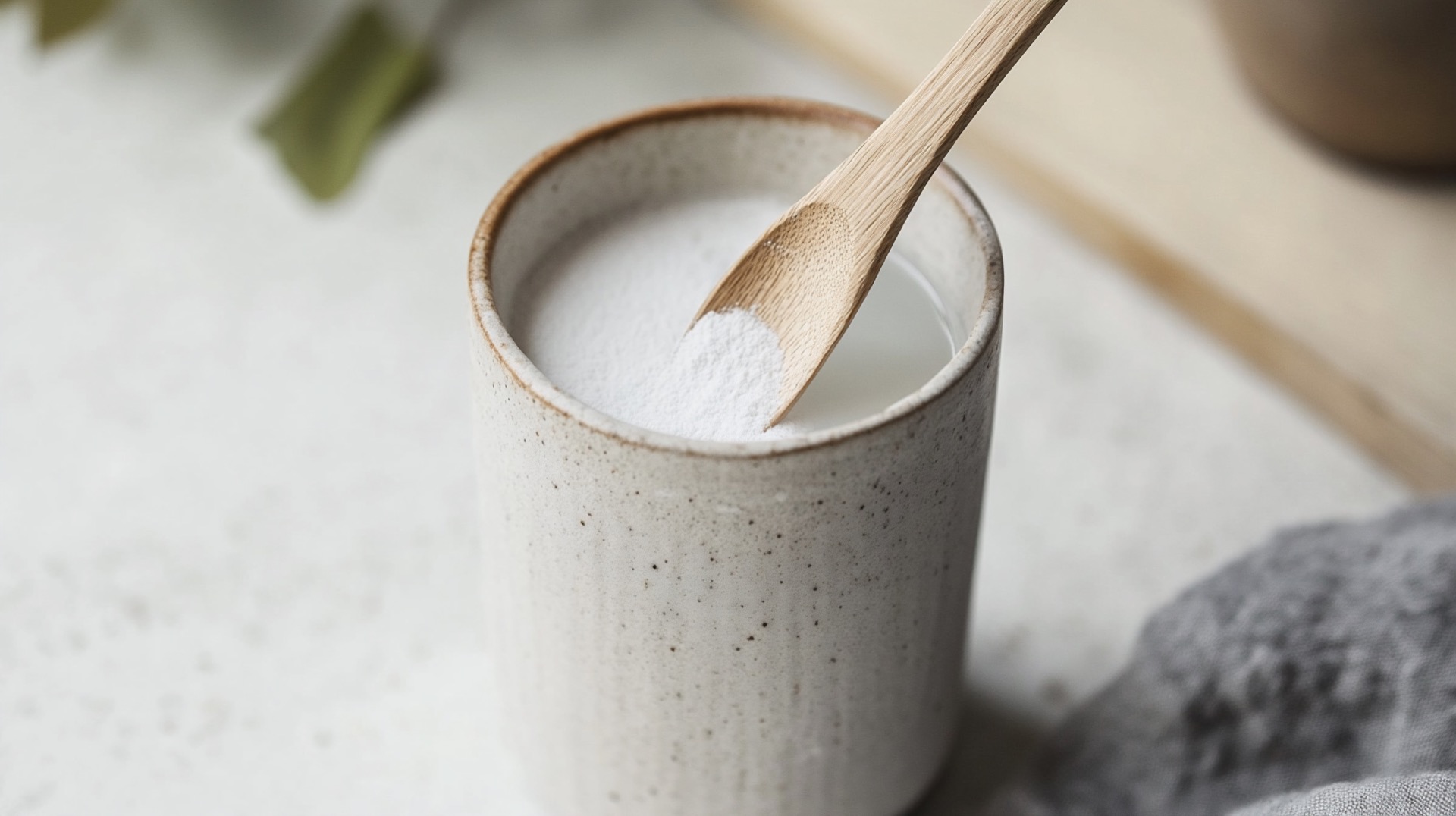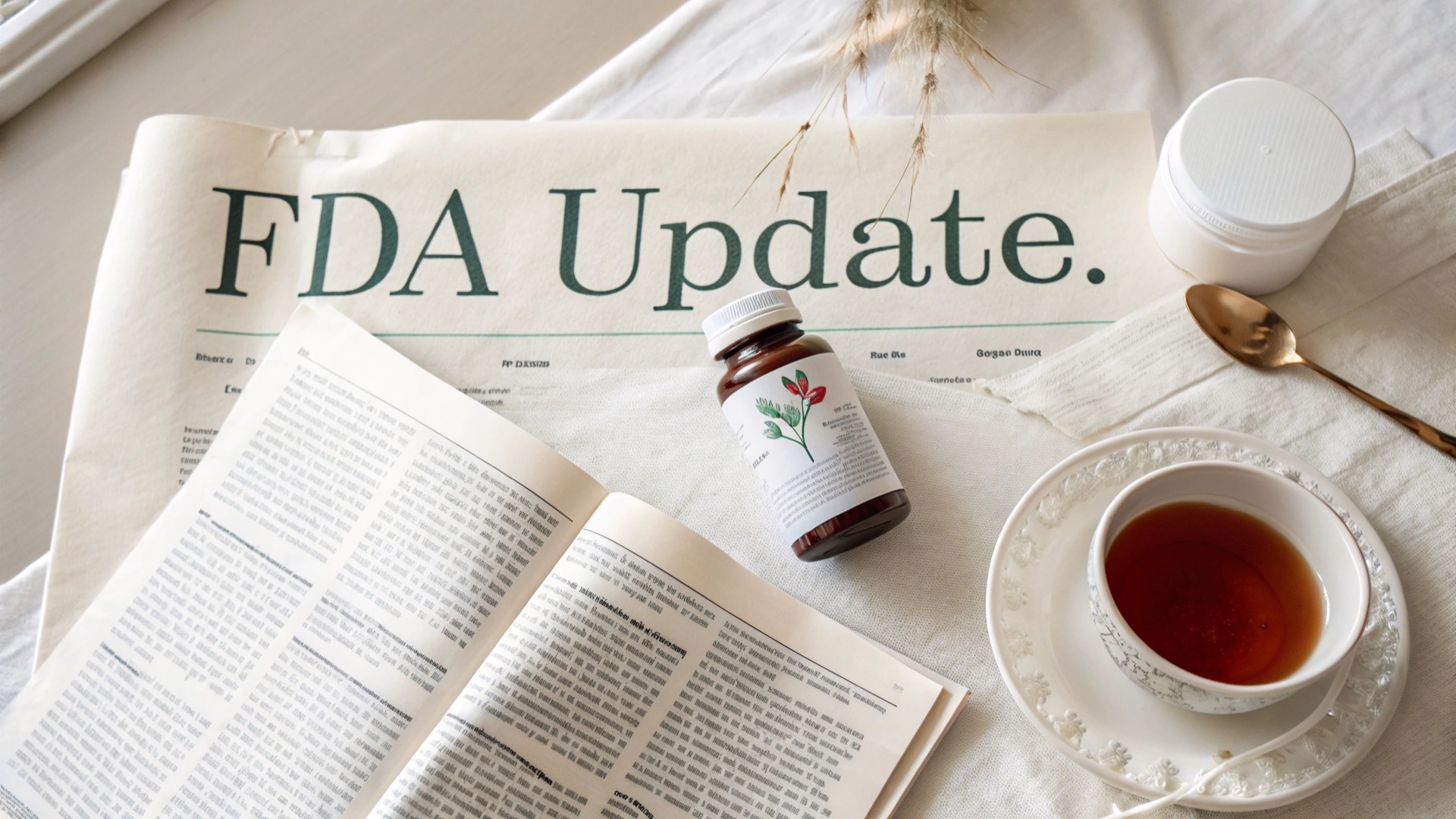Key takeaways
- Curcumin demonstrates multifaceted biological effects, including anti-inflammatory, antioxidant, and immunomodulatory properties, which may positively influence fertility and reproductive health.
- Evidence suggests curcumin impacts sperm motility, hormone regulation, and ovarian function through specific intracellular and extracellular pathways.
- Research highlights its dual role in both supporting healthy reproductive function and managing disorders such as polycystic ovarian syndrome (PCOS) and infertility.
Overview
Curcumin, the primary bioactive compound in turmeric (Curcuma longa), has recently garnered significant attention for its potential role in reproductive health.
Revered historically in Ayurvedic and Chinese medicine for its wide array of therapeutic properties, curcumin continues to capture scientific interest.
Its effects on cellular function, hormone modulation, and oxidative stress pathways make it a promising candidate for both enhancing reproductive health and managing associated disorders.
This article systematically examines the intricate relationship between curcumin and reproductive health, with a particular emphasis on its mechanisms, applications, and therapeutic potential.
What is curcumin?
Curcumin is a polyphenolic compound derived from turmeric, a plant native to Southeast Asia. Known chemically as diferuloylmethane, curcumin is recognized for its anti-inflammatory, antioxidant, antimicrobial, and anticancer activities.
These properties stem from its ability to modulate intracellular signaling cascades, suppress reactive oxygen species (ROS), and support cellular repair mechanisms.
Why Curcumin matters in reproductive health?
Fertility and reproductive health face constant challenges from everyday stressors, environmental toxins, and hormonal fluctuations.
While much of the research on curcumin has been conducted in laboratory settings with animals under extreme stress conditions, which may not accurately reflect real-world scenarios, the findings still offer valuable insights.
Curcumin shows promise for supporting reproductive health through several key mechanisms. For men, it may help optimize testosterone levels, potentially enhancing libido, sexual performance, and overall reproductive function.
For both men and women, curcumin appears to support healthy hormone balance, which is fundamental to fertility.
What makes curcumin particularly interesting is its multi-targeted approach: it helps reduce harmful inflammation, supports hormonal regulation, and protects against cellular damage from oxidative stress. Together, these effects create a foundation for healthier reproductive function.
Case studies and trials on endocrine regulation
Emerging research suggests turmeric may play a regulatory role in the endocrine system, particularly in conditions involving hormonal imbalances. Here’s what research says:
- Increase in serum estrogen and progesterone
A trial on stressed murine models found that oral turmeric supplementation elevated estradiol and progesterone levels while mitigating stress-induced hormonal disruptions.
- Polycystic ovarian syndrome (PCOS)
Fluctuations in body weight can also be a consequence of hormonal imbalances in PCOS patients, affecting their overall reproductive health. Clinical trials have shown that curcumin supplementation reduces inflammatory markers in patients with PCOS and improves hormonal profiles.
Turmeric and reproductive health: Key applications
Turmeric’s impact on reproductive health extends beyond hormone regulation, offering nuanced benefits, particularly in addressing stress-related dysfunction, supporting ovarian health, and promoting vascular health. While curcumin shows promise in improving fertility outcomes and protecting reproductive organs, its effects can vary significantly between sexes and depend heavily on dosage and use context.
- Stress-induced reproductive dysfunction
By modulating cortisol and inflammatory cytokines, curcumin offers therapeutic potential in stress-related reproductive disorders. However, male users should not assume benefits without risks, especially at non-therapeutic dosages. It is crucial to consult health experts for effective management of reproductive health.
- Ovarian health and female fertility
Curcumin supports folliculogenesis and protects ovarian tissue from oxidative damage and apoptosis. In animal models, it also mitigates age-related ovarian decline and toxin-induced reproductive damage.
- Heart health and reproductive health
Turmeric’s cardiovascular benefits, including its ability to lower inflammation and improve circulation, may support reproductive organ function. However, better blood flow does not negate the direct suppressive effects curcumin may have on sperm when misused or overused.
- Turmeric and blood flow
Improved blood flow, which may be attributed to turmeric consumption, can aid erectile function.
Bottom line
The research reveals curcumin as a compound of remarkable complexity, one that holds genuine promise for reproductive health while demanding respect for its potent effects. For women, the evidence suggests that there are meaningful benefits, including improved hormonal balance, reduced inflammation, and enhanced ovarian function, which may support fertility naturally. The compound’s ability to regulate estrogen and progesterone levels, particularly under stress, offers hope for those struggling with hormonal imbalances or conditions like PCOS.
For men, however, the story requires more nuance. While curcumin’s anti-inflammatory and circulation-boosting properties may indirectly support reproductive health, its direct effects on sperm function follow a delicate dose-response relationship. The same compound that offers benefits at therapeutic levels can become counterproductive, even harmful, when used carelessly or in excess.
If you’re considering curcumin for reproductive health, approach it as you would any therapeutic intervention: with informed intention rather than casual experimentation. Women may experience more consistent benefits, while men should prioritize working with healthcare providers to determine the most appropriate dosing strategies.
Frequently asked questions (FAQs)
- Can curcumin enhance sexual function?
Curcumin may improve sexual function under stress, especially in females. In males, benefits are only observed at controlled low doses. At high doses, curcumin may impair sperm function and fertility. As with any therapy, a precise dose is needed to balance the clinical benefits and risks.
- Is curcumin safe for daily consumption?
Yes, curcumin is safe and well-tolerated in human studies at doses of up to 8 grams per day. However, most therapeutic effects are observed at much lower doses (typically 500–2000 mg per day). Long-term use should be guided by a healthcare professional, especially if you have existing health conditions or are taking medications.
- How does curcumin compare to conventional fertility drugs?
Unlike pharmaceuticals, curcumin supplementation offers natural anti-inflammatory and antioxidant effects. However, its fertility-enhancing role in men is not guaranteed and may backfire at inappropriate dosages.
Reference
- Naz, R. K. (2011). Can curcumin provide an ideal contraceptive? Molecular Reproduction and Development, 78(2), 116–123.
- Sahebzad, E. S., Tehranian, N., Kazemnejad, A., Sharifi, M., Mojab, F., & Azin, A. (2021). Effect of turmeric on adiponectin, sexual function and sexual hormones in stressed mice. Life Sciences, 277, 119575.
- Abu-Taweel, G. M. (2020). Curcumin palliative effects on sexual behavior, fertility and reproductive hormones disorders in mercuric chloride intoxicated mice offspring. Journal of King Saud University – Science, 32(1), 1293–1299.
- Sirotkin, A. V. (2022). The influence of turmeric and curcumin on female reproductive processes. Planta Medica, 88(13), 1020–1025.








